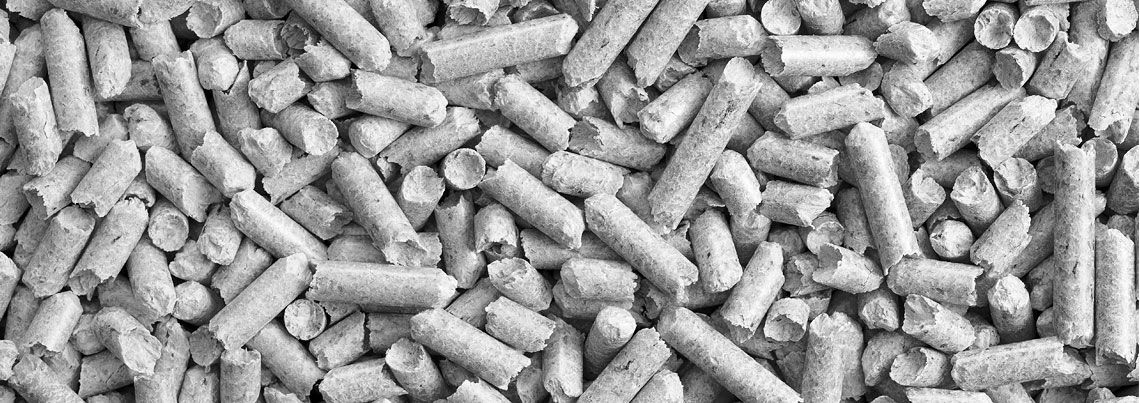Biomass
Poland as a part of the European Union should implement directives related with the reduction of CO2 emission.
Directives determine, in particular, implementing of energy of low emission, while gradually reducing installations of high emission and harmful for the environment. Energy in Poland is based mainly on coal, it results very high emission of CO2. Next steps to reduce emission will result tightening of rigorous requirements for electric power stations operating on coal and permits on emission, that will cause the growth of expenses on the maintenance of old energy production systems.
Therefore, it is expected the dynamic market development of installations for energy production from renewable sources within the whole Europe.
Biomass is a huge energetic and environmental benefit:
- inexhaustible resources
- reduction of emission of environmentally harmful substances, and it means braking of the greenhouse effect
- cheaper energy for the production sector
- development of the economy sectors – new job offers
- increase of energy security in the country.
For the purposes of energy production from biomass the most used are: straw of cereals, wastes of agricultural production, animal manure, organic wastes (for example, grass), animal fats and vegetable oils.
It is expected high dynamics of development of the energy market from biomass in Poland.
In such a situation would benefit a lot of Polish firms from economic and ecological point of view. Poland has a high potential of biomass for energy purposes. Also for reasons of climate – we have access to great resources of biomass. Additional potential associates with planting of perennial energy crops, which are an important source for the production of energy.
Energy from renewable natural sources is the energy of the future for the whole world.
The advantages of pellet as a source of energy
Natural ecological fuel – burning of pellet, similar to burning of other elements of the biomass does not result additional emission of carbon dioxide gas, it is in the quantity not more than absorbed with plants processed into pellets.
Easy storage – storage of pellet requires a relatively small area.
Pelet does not combust spontaneously, as a rule it is transported in standard packs or in special tanks in bulk.
Can be used as a fertilizer – ash obtained from pellet.
Lower costs – heating with pellet is cheaper almost in two times in comparison with liquid fuel.
The ability to use local raw materials for heating purposes.
Production of pellet Production of pellet
Price for pellet does not depend on the current political situation and is not a subject of strong fluctuations, as the price of oil or gas.
